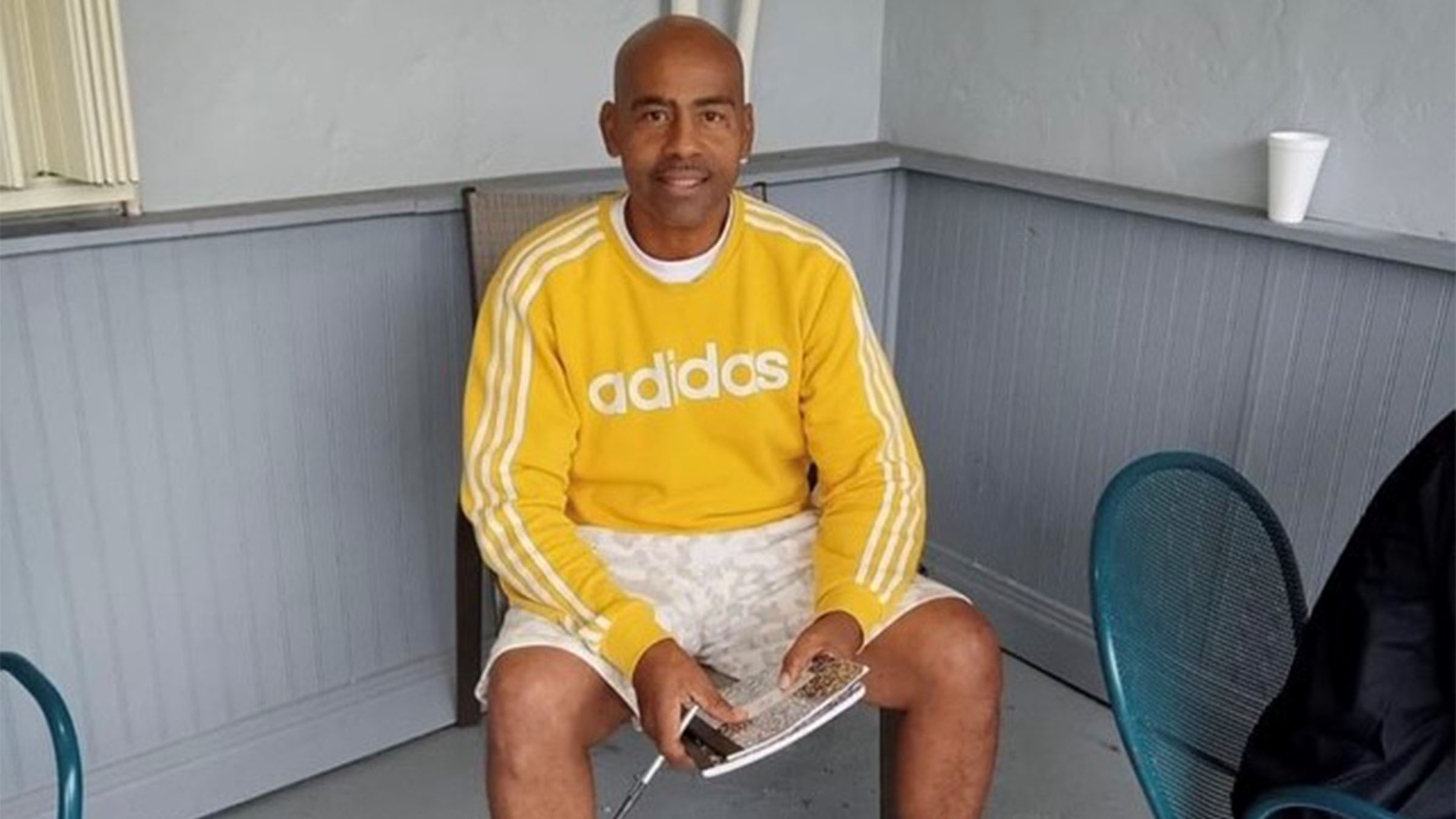A former investment adviser became the latest participant in disbarred attorney Scott Rothstein's $1.2 billion Ponzi scheme to head to prison when a judge sentenced him Monday to 2.5 years behind bars.
Michael Szafranski, 37, got less than the five-year maximum because of his cooperation with prosecutors against others in the scam. Szafranski, who now runs an auto transmission repair shop, also repaid victim investors $6.5 million, his lawyer said in court papers.
Prosecutors say Szafranski lured investors, some of them members of his own synagogue, to Rothstein through a variety of deceptions, including assurances that he reviewed confidential legal settlements that did not exist.
Rothstein's scam was based on offering investors high regular payments for putting their money into phony lawsuit settlements in which the purported plaintiffs were willing to accept a lower lump sum.
Szafranksi told U.S. District Judge William Dimitrouleas he was blinded by greed and the lifestyle promoted by Rothstein, which included flights on private jets, meals at fancy restaurants, sitting in skyboxes at sporting events and concerts and attending high-profile political fundraisers.
"I am truly sickened by the person I became when I was associated with Scott Rothstein,'' Szafranski, who is married with three children, said in court. "I come before this court ashamed, embarrassed and humiliated by my actions.''
More than two dozen other people have been convicted in the Rothstein scam, operated out of his former Fort Lauderdale law office until its October 2009 collapse. Rothstein himself is serving a 50-year prison sentence after pleading guilty, but his sentence could eventually be reduced because of his cooperation in investigating others.
Local
The last remaining defendant is former TD Bank executive Frank Spinosa, who pleaded guilty earlier this month to a wire fraud conspiracy charge and faces sentencing Dec. 18. Szafranski provided key evidence against Spinosa, prosecutors have said, and would have testified at a trial.
Rothstein had 38 accounts at TD Bank that he used in the fraud scheme, court document show. Spinosa's role in the scheme was to provide investors with false bank "lock letters'' assuring their money was safe and could only be paid to them.
Szafranski will be placed on three years' probation after his prison term ends. Dimitrouleas also ordered that he not accept work in the financial industry while on probation, including acting as a consultant to others.



